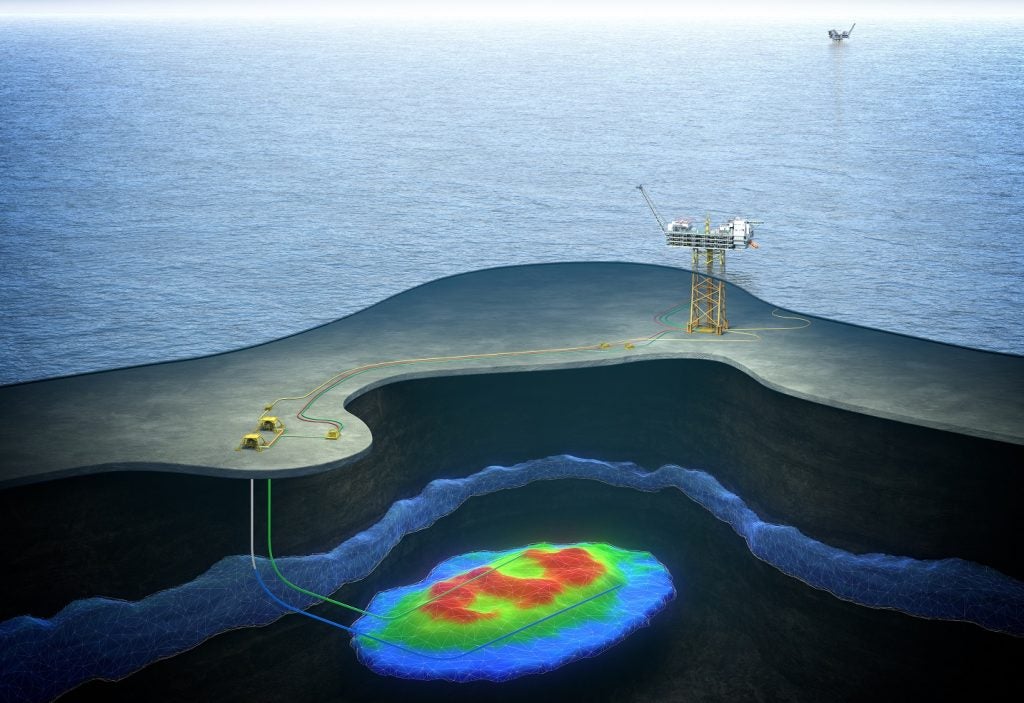
Australia has announced plans to hit its offshore industry with a levy to cover the $200m cost of decommissioning an abandoned project off the country’s northern coast.
The facility, known as Northern Endeavor, consists of a floating production, storage, and offloading vessel that had been permanently moored in the Timor Sea. The project was shut down in 2019 by the National Offshore Petroleum Safety and Environmental Management Authority (NOPSEMA), which found an “immediate threat to health and safety” at the facility due to structural corrosion.
The owners, Northern Oil & Gas Australia (NOGA), have since entered voluntary administration, leaving the 170,000 barrels-per-day facility abandoned for the last two years, and forcing the national government to maintain the facility.
In December 2020, Resources Minister Keith Pitt announced that the state would begin decommissioning of the project, which would involve the removal of facilities such as the vessel itself, and the plugging and abandonment of wells. The move came as little surprise, considering the economic and environmental losses associated with supporting a non-producing offshore asset.
“The decision sends a strong signal to the world that Australia will maintain its global reputation as a safe, reliable, and responsible country for offshore oil and gas development,” said Pitt. “The government has been actively working with key stakeholders in the offshore oil and gas industry to seek advice on reforms to make sure the circumstances surrounding the Northern Endeavour do not happen again.
“These reforms will take account of the recommendations and findings of the independent review into the administration and liquidation of the NOGA group by offshore regulation expert Steve Walker.”
How well do you really know your competitors?
Access the most comprehensive Company Profiles on the market, powered by GlobalData. Save hours of research. Gain competitive edge.

Thank you!
Your download email will arrive shortly
Not ready to buy yet? Download a free sample
We are confident about the unique quality of our Company Profiles. However, we want you to make the most beneficial decision for your business, so we offer a free sample that you can download by submitting the below form
By GlobalDataHowever, the issue of funding the decommissioning has been a controversial one. Pitt is adamant that taxpayers should not have to foot the bill, but the offshore industry is similarly opposed to paying for the decommissioning, as many companies feel it would be unfair for them to be burdened with the financial costs that should have fallen on NOGA.
The inclusion of the levy in this year’s budget has further angered the offshore industry, with many warning that this could set a dangerous precedent, where one private company is expected to shoulder the burden incurred by another.
“Tonight’s announcement of a new levy on the entire [offshore] oil and gas industry is a terrible precedent and could have serious repercussions for Australia’s economy and to jobs,” said Andrew McConville, chief executive of the Australian Petroleum Production and Exploration Association.
“It’s like NOPSEMA saw someone struggling in the deep end of the pool and instead of offering assistance, they held their heads under the water, and now the taxpayer is paying to recover the body, do the autopsy and sort out the funeral.”
McConville suggested a number of alternative methods for the offshore industry to become involved in the issue, such as selling what remains of Northern Endeavor to a company that can operate the facility. However, considering Pitt’s long-standing opposition to public money being spent on the project, it is unclear where the decommissioning bill will fall, if not on private companies.




